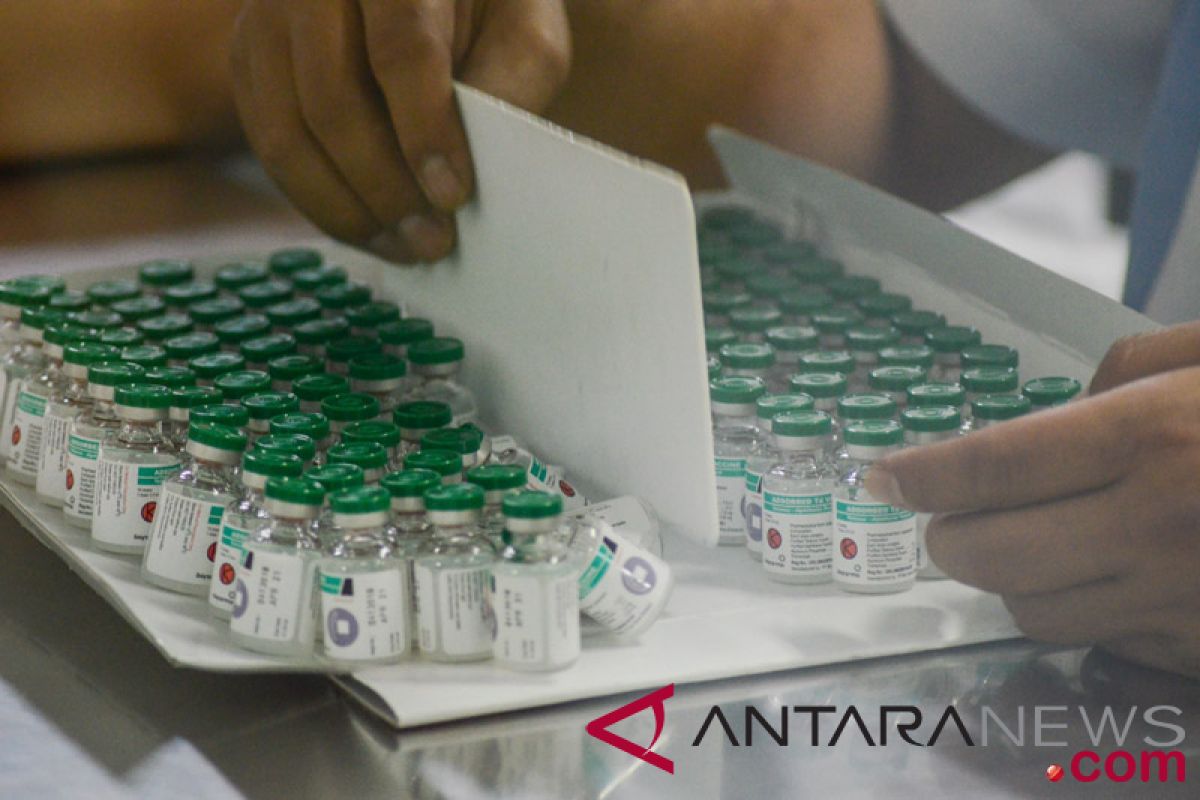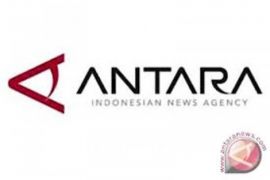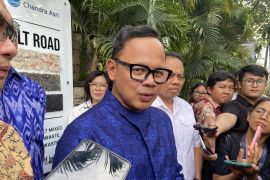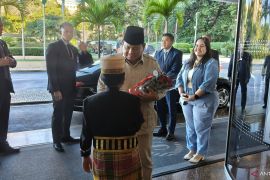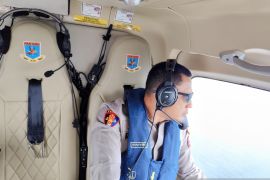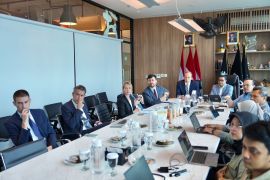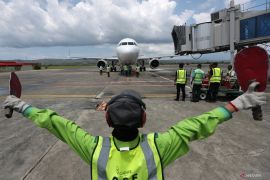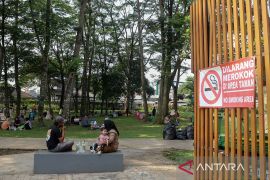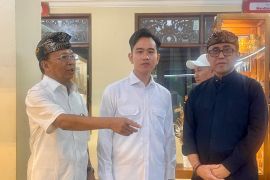A total of 32 member countries of the OIC are taking part in the National Medicines Regulatory Authorities` (NMRAs) meeting. "This is a historical meeting, as it is held for the first time by OIC members," Chief of the Indonesian Food and Drug Supervisory Agency (BPOM) Penny Lukito stated.
They will discuss health issues, medicines and vaccine production. OIC countries have made varied advancements in vaccine technology. Some of them had made moderate while some others are still lagging behind, however.
Indonesia, which is one of the OIC members, is known to be superior in terms of the development of vaccine technology. Therefore in this meeting, Indonesia will share its knowledge of vaccine technology. Indonesia, a predominantly Muslim populated country, is committed to playing concrete roles in advancing member countries in all sectors, including health.
"In this case, BPOM is tasked with sharing its knowledge of vaccine technology with other countries, particularly the OIC members," Lukito remarked at a press conference on "The First Meeting of National Medicines Regulatory Authorities (NMRAs) from the Organization of Islamic Cooperation" in Jakarta on Monday (Nov 19).
It is important for medicine regulators among OIC member states through the meeting to strengthen each other to distribute even strength. This tradition-, culture-, and religion-based multilateral movement can forge better solidarity.
The NMRAs` multilateral partnership was strategic in strengthening OIC countries in the health sector. After all, there is the need for a forum that can strengthen drug regulators in each member country to be independent in the field of medicine and vaccines.
The OIC countries can thus become independent without relying on states outside the OIC in the fields of medicine and vaccines. In addition, OIC countries, some of which are developing and disadvantaged nations, can expand access to cheap drugs and vaccines by utilizing products that have become generic.
Generic drugs are drug types bearing similarities with branded drugs, both in terms of usage and formulas. There are generic similarities with brands that include the strength, dosage, quality, and safety of the product for consumers. Despite the similarities, generic drugs are sold at a much cheaper price than branded drugs.
"We communicate to encourage flexibility in medicine, such as innovating new drugs that are cheap and to be generic, for instance, without having to wait any longer. This is one of the benefits," Lukito emphasized.
There is a pressing requirement to offer economical solutions to meet the pharmaceutical needs of the global community. Erratic economic, political, and security conditions in some OIC member countries, such as in parts of the Middle East and Africa, are becoming increasingly worrisome.
The NMRA meeting also strengthened south-south cooperation that generally comprised countries in the southern hemisphere and were generally developing or least developing.
"This is for south-south cooperation, so that it will have a wider access to less fortunate countries," she noted.
As a member of the OIC, Indonesia has carried out different forms of cooperation, which touch the hearts of Muslims, including Indonesia`s recognition of the Palestinian independence, she noted.
The event is strategic for Indonesia, as it was also part of interstate diplomacy in the OIC environment. Indonesia is also a pilot in vaccine management, including from the regulatory elements of the food and drug regulator. "Some OIC countries are interested in being able to increase their capacity to a higher level and also aim to become exporters. For instance, there are Kazakhstan and Jordan," Lukito pointed out.
Indonesia has Bio Farma, a vaccine factory, with its products used in 141 countries, with 49 of them being OIC countries. "As a center of excellence in the world of vaccines and medicine, Indonesia has a strategic position among OIC countries," she stated.
Limited access and affordability of drugs and vaccines in the world, especially in conflict and low-income countries, causes high mortality rates due to diseases. Moreover, infectious diseases still pose a major threat to several OIC member countries.
The World Health Organization records that 30 percent of the world`s population still lacks access to life-saving drugs, including vaccines. This condition also occurs in several OIC member countries due to the limited production capacity of the pharmaceutical industry.
Seven OIC member countries -- Indonesia, Iran, Senegal, Uzbekistan, Bangladesh, Tunisia, and Egypt -- have the capacity to produce vaccines. Most OIC member countries still rely on imports from outside their members to meet their needs for drugs and vaccines.
Hence, Lukita expressed hope that the OIC NMRAs meeting can offer broad benefits, such as for even distribution of drug regulatory capacity among member countries.
"This aims to forge collaboration between OIC countries to build independent access and get vaccine drugs that are affordable, safe, and standardized," she added.
Editing by Eliswan
Reporter: Andi Abdussalam
Editor: Heru Purwanto
Copyright © ANTARA 2018
